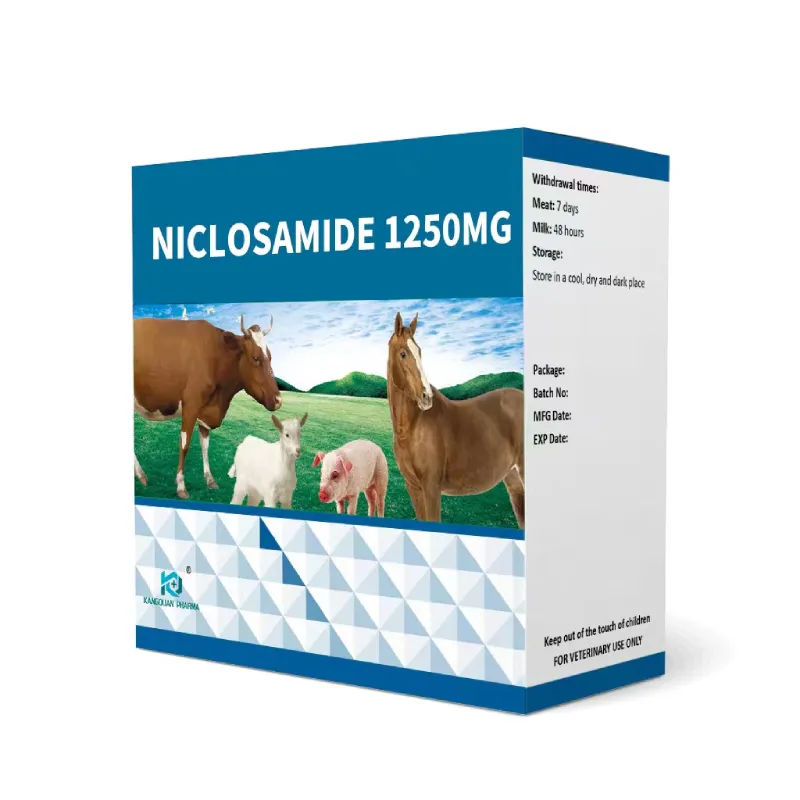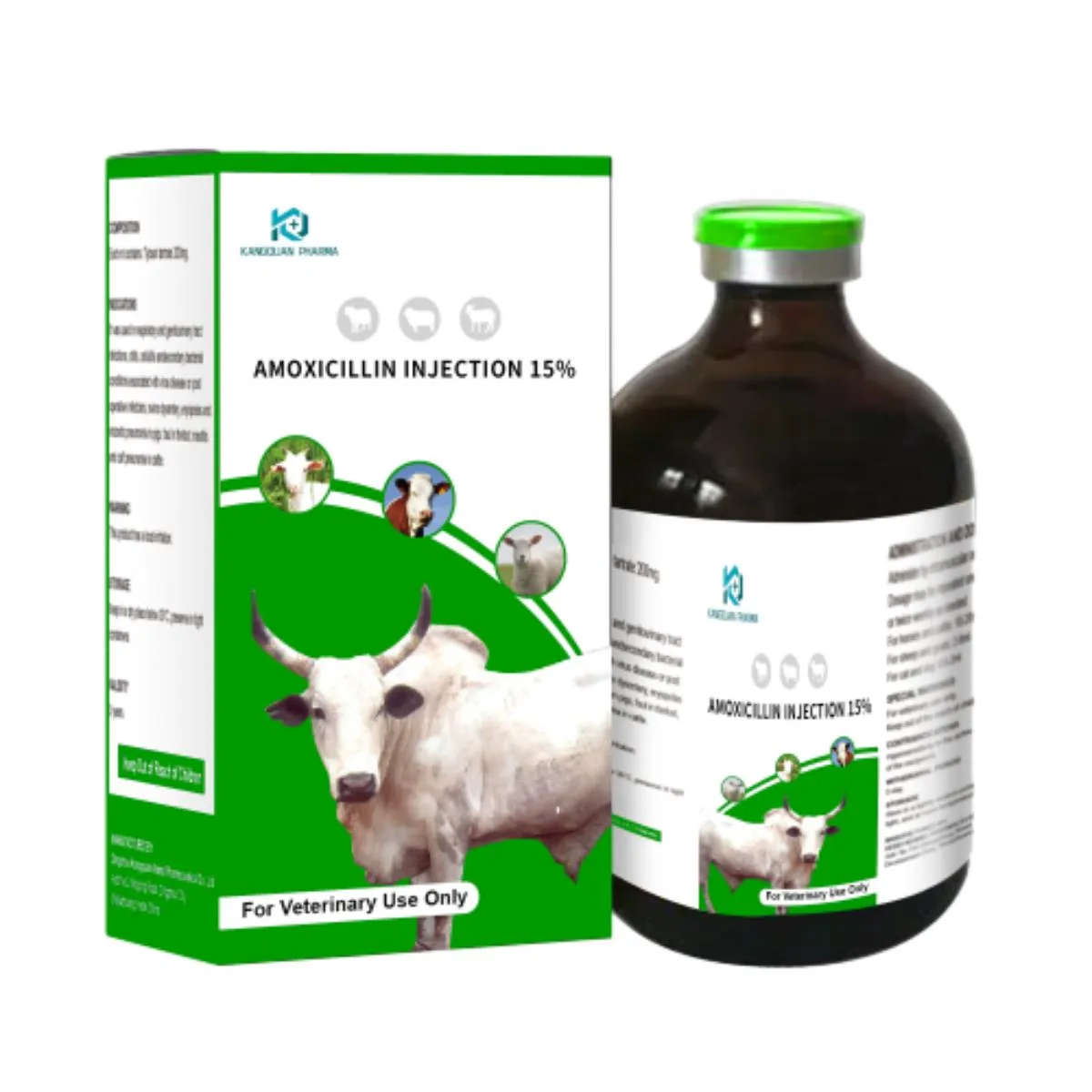- Afrikaans
- Albanian
- Amharic
- Arabic
- Armenian
- Azerbaijani
- Basque
- Belarusian
- Bengali
- Bosnian
- Bulgarian
- Catalan
- Cebuano
- Corsican
- Croatian
- Czech
- Danish
- Dutch
- English
- Esperanto
- Estonian
- Finnish
- French
- Frisian
- Galician
- Georgian
- German
- Greek
- Gujarati
- Haitian Creole
- hausa
- hawaiian
- Hebrew
- Hindi
- Miao
- Hungarian
- Icelandic
- igbo
- Indonesian
- irish
- Italian
- Japanese
- Javanese
- Kannada
- kazakh
- Khmer
- Rwandese
- Korean
- Kurdish
- Kyrgyz
- Lao
- Latin
- Latvian
- Lithuanian
- Luxembourgish
- Macedonian
- Malgashi
- Malay
- Malayalam
- Maltese
- Maori
- Marathi
- Mongolian
- Myanmar
- Nepali
- Norwegian
- Norwegian
- Occitan
- Pashto
- Persian
- Polish
- Portuguese
- Punjabi
- Romanian
- Russian
- Samoan
- Scottish Gaelic
- Serbian
- Sesotho
- Shona
- Sindhi
- Sinhala
- Slovak
- Slovenian
- Somali
- Spanish
- Sundanese
- Swahili
- Swedish
- Tagalog
- Tajik
- Tamil
- Tatar
- Telugu
- Thai
- Turkish
- Turkmen
- Ukrainian
- Urdu
- Uighur
- Uzbek
- Vietnamese
- Welsh
- Bantu
- Yiddish
- Yoruba
- Zulu
Mar . 05, 2025 00:43 Back to list
ivermectin injection veterinary


An often-overlooked aspect of ivermectin injection is its role in managing parasitic resistance. Over time, misuse and overreliance can lead to resistance, reducing its efficacy against target parasites. To combat this, veterinarians advocate for integrated pest management strategies. These may include rotational use of different classes of antiparasitics, routine fecal examinations to monitor parasitic load, and implementing environmental control measures to reduce parasite breeding grounds. From a practical standpoint, those administering ivermectin injections must maintain stringent adherence to storage and handling protocols to ensure the product's potency. Typically, ivermectin injections should be stored at room temperature, away from direct sunlight and moisture. Syringes and needles must remain sterile to prevent infections, a consideration of paramount importance when administering injections to prevent secondary complications. Moreover, educating animal caregivers about the importance of adhering to withdrawal periods is equally critical, especially in food-producing animals. This period, the time required after treatment before the animal products can be safely consumed by humans, helps in preventing drug residues from entering the food chain. Clear communication between veterinarians and livestock owners plays a pivotal role in maintaining food safety and public health. In conclusion, while ivermectin injection remains a bedrock in veterinary medicine for controlling parasitic infestations, its success largely hinges on informed and judicious use. Veterinarians and animal caretakers alike are encouraged to stay abreast of the latest research findings and regulatory guidelines to ensure they optimize treatment outcomes while safeguarding animal welfare and food safety. Through continuous education, adherence to best practices, and responsible product stewardship, ivermectin injection will continue to be a vital tool in veterinary medicine, driving better health outcomes for animals across the globe.
-
Guide to Oxytetracycline Injection
NewsMar.27,2025
-
Guide to Colistin Sulphate
NewsMar.27,2025
-
Gentamicin Sulfate: Uses, Price, And Key Information
NewsMar.27,2025
-
Enrofloxacin Injection: Uses, Price, And Supplier Information
NewsMar.27,2025
-
Dexamethasone Sodium Phosphate Injection: Uses, Price, And Key Information
NewsMar.27,2025
-
Albendazole Tablet: Uses, Dosage, Cost, And Key Information
NewsMar.27,2025













